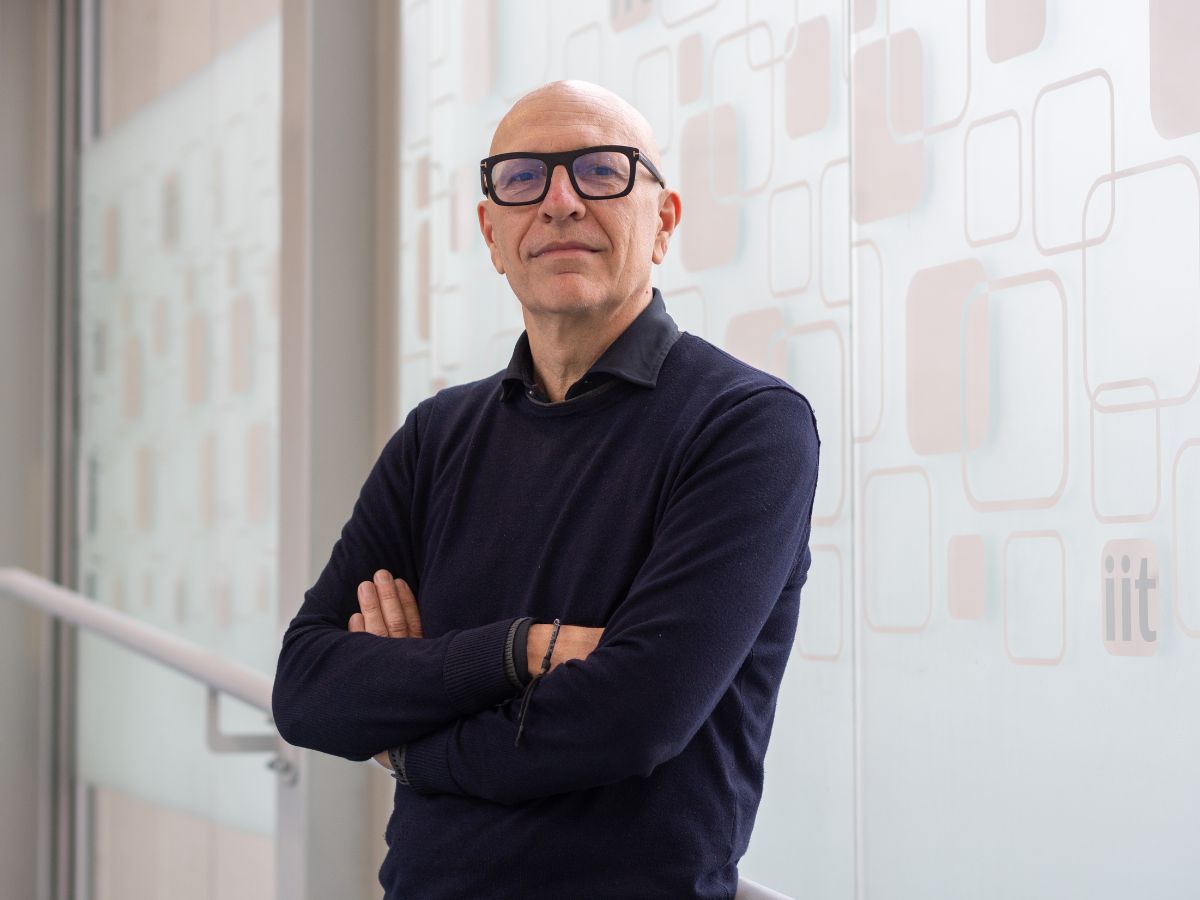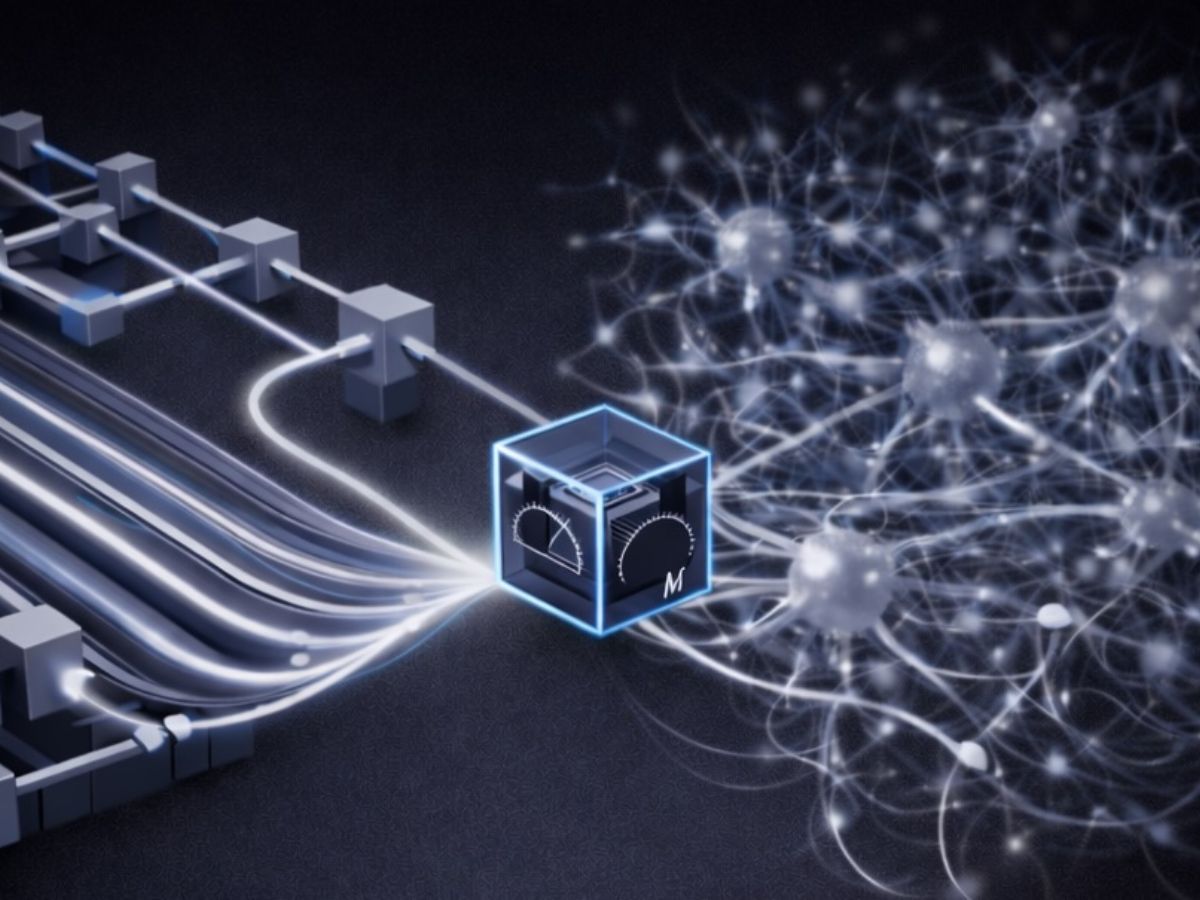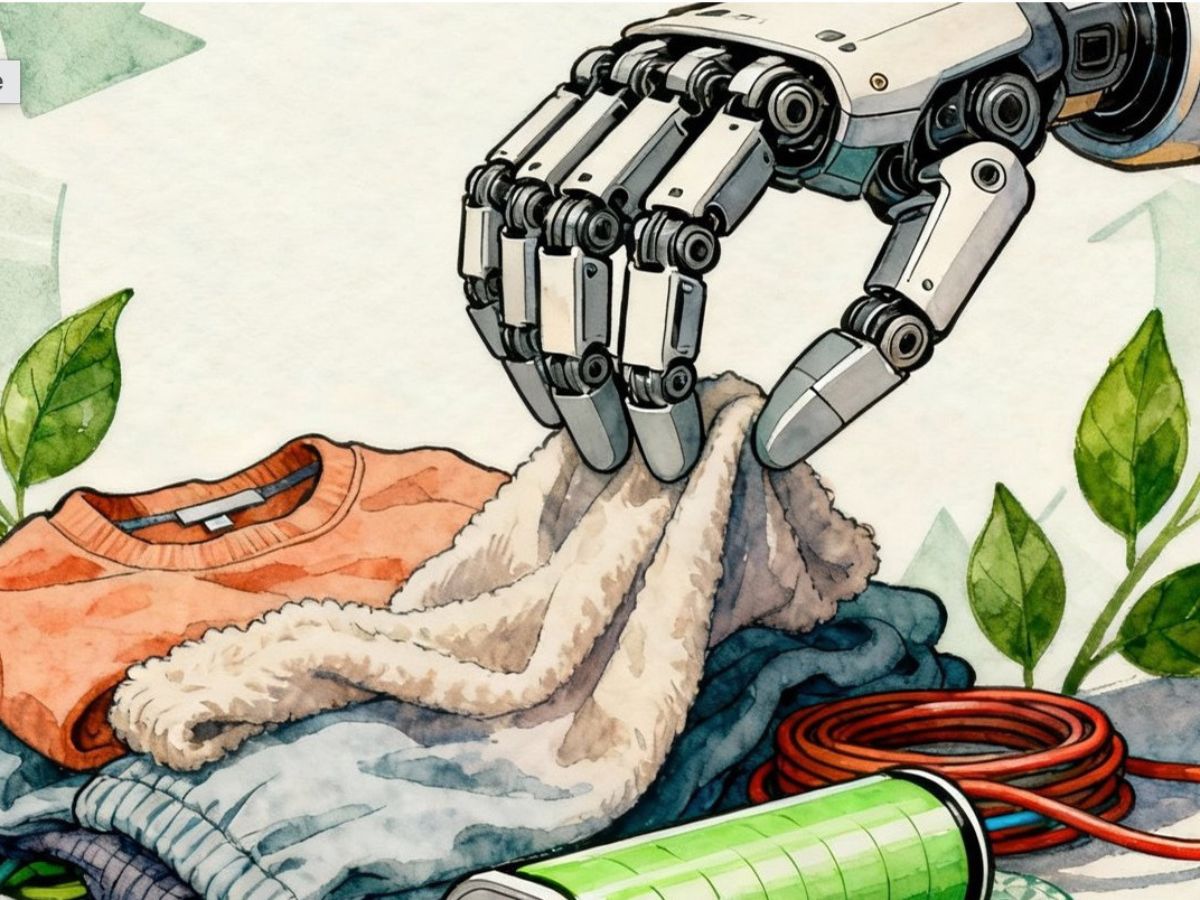A choral video to promote “the full and equal participation of women and girls in science”
Even this year the IIT-Istituto Italiano di Tecnologia (Italian Institute of Technology) supports the International Day of Women and Girls in Science established by the United Nations General Assembly in 2015 and now in its 6th edition. IIT takes part to the initiative through the creation of a choral video consisting of video selfies shot by the same researchers in the laboratories or offices where they usually work, in order to promote “the full and equal participation of women and girls in science, education, training, employment and decision-making processes”. In this year’s video there is no lack of reference to current events and specifically to the impact that the Covid19 pandemic had on working women. According to numerous analyses, including those published by the United Nations, the work carried out by women in this historical period has doubled due to the task of domestic management, which results a women’s prerogative even when women have equal job responsibilities as their male partners, putting at risk the progress made so far towards gender equality. In the video, representing all the IIT researchers, 12 junior and senior women scientists appear; some of them are directors of research teams and winners of prestigious European awards, such as MSCA and ERC grants, and they represent real role models, capable of transmitting a positive message and empowerment towards those who are approaching this type of career or who, already involved in the world of research, are encountering moments of difficulty.In the video: Chiara Bartolozzi (Coordinator of the IIT’s Neuromorphic technology for robotics Lab and of the MSCA project NeuTouch), Monica Gori (Coordinator of IIT’s U-VIP Lab and ERC grantee), Alessandra Sciutti (Coordinator of IIT’s CONTACT lab and ERC grantee), Teresa Pellegrino (Coordinator of IIT’s Nanomaterials for Biomedical Applications Lab and ERC grantee), Marianna Semprini (Researcher at Rehab Technologies – INAIL-IIT lab), Giulia Suarato (Researcher at IIT’s Smart materials Lab), Corinne Portioli (Researcher at IIT’s Brain Development and Disease Lab and MSCA fellow), Greta Visintin (PhD student at IIT’s Brain Development and Disease Lab), Fatima Ghandour (Researcher at IIT’s Brain Development and Disease Lab), Maria Fossati (Researcher at IIT’s Soft Robotics for Human Cooperation and Rehabilitation Lab), Martina Lenzuni (PhD student at IIT’s Smart materials Lab) e Annalisa Savardi (Researcher at IIT’s Brain Development and Disease Lab).
For more information on the UN Initiative: International Day of Women and Girls in Science: https://womeninscienceday.org/index.html United Nations Entity for Gender Equality and the Empowerment of Women:https://www.unwomen.org/en/digital-library/publications/2020/04/policy-brief-the-impact-of-covid-19-on-women#view
Istituto Italiano di Tecnologia (IIT – Italian Institute of Technology,) is a scientific research center established by law in 2003 by Italian Ministry of Education, University and Research and Ministry of Economy and Finance, in order to promote excellence in both basic and applied research and to facilitate the economic development at national level. IIT scientific activities started in 2006, they are multidisciplinary and with a very strong approach to technology transfer. IIT staff is of 1700 people, the majority of which (about 81%) is dedicated to research, and an average age of 36 years. About half of the researchers come from abroad: 34% are scientists from more than 50 foreign countries and 16% are Italian researchers who have come back to Italy after a professional experience abroad. IIT has a vast experience in managing and supervising research projects with a portfolio of more than 450 external funded research projects, also financed by EU funding programs and European Research Council (ERC). IIT has produced more than 14500 publications and 294 inventions; its research activity led to the creation of 24 spin-offs, with additional 30 under due diligence. Research is carried out in the Central Research laboratory in Genoa (IIT headquarters), in 11 research satellite centers across Italy and in 2 outstations in US. IIT scientific vision is interdisciplinary, based on the concept of “translating evolution into technology”, that is mimicking natural solutions to develop new technologies in the fields of robotics, materials science, and life science. Currently IIT is conducting its new scientific plan (2018-2023) developing four strategic research domains: Robotics, Nanomaterials, Technologies for Life Science, and Computational Sciences. The main goal is to produce technologies that will have a positive impact on some important societal challenges, such as sustainability and the environment, healthcare and aging society, also reflecting the priorities of EU framework programs.






